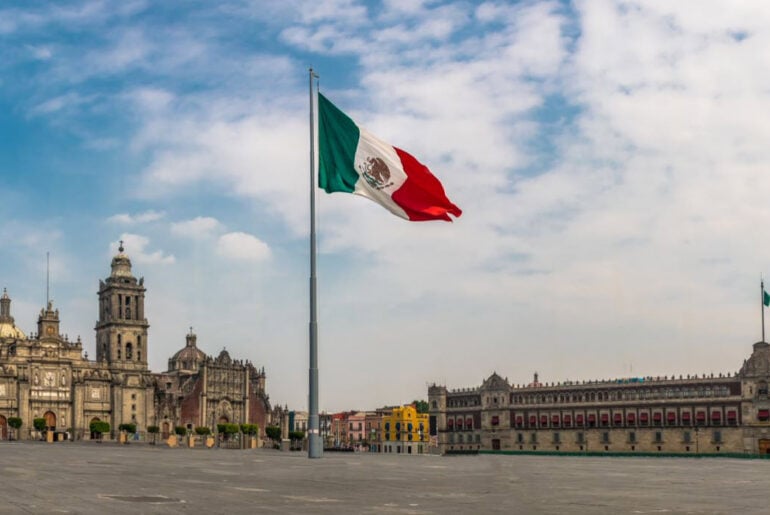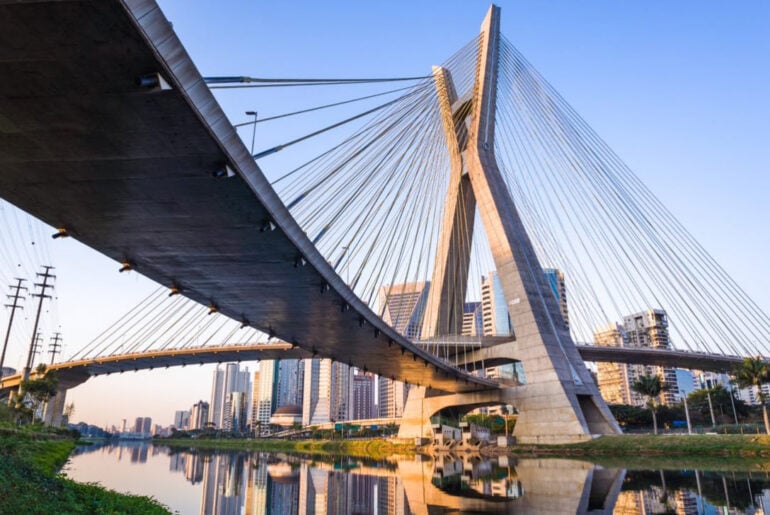On 3 June 2025, SECEX (the Brazilian Secretariat of International Trade) initiated an antidumping investigation on the Brazilian imports of hot-rolled flat steel from China, commonly classified under certain NCM codes.The investigation may result in the imposition of antidumping measures and the consequent increase in the cost of Brazilian imports of flat-rolled hot-rolled flat laminates for a period of five years.
The National Superintendence of Securities (SUNAVAL) issued Administrative Ruling No. 251 on 27 March 2025, amending the Rules Regarding the Administration and Control of Risks Related to the Crimes of Money Laundering, Financing of Terrorism, Financing of the Proliferation of Weapons of Mass Destruction and Other Illicit Activities, Applicable to Entities Obligated by the National Superintendence of Securities. The Ruling establishes the parameters that entities acting in the securities market should follow and includes a new regulatory regime for money laundering, financing of terrorism, financing of the proliferation of weapons of mass destruction and other illicit activities. The Ruling became effective on 27 March 2025.
On 16 April 2025, the decrees enacting the Law of Acquisitions, Leases and Services of the Public Sector and amending the Law of Public Works and Related Services, both proposed by the Federal Executive Branch, were published in the Federal Official Gazette (DOF).
On 20 March 2025, the decree enacting the General Law of Transparency and Access to Public Information, the General Law for the Protection of Personal Data in Possession of Obligated Entities, the Federal Law for the Protection of Personal Data in Possession of Private Parties, and the amendment to Article 37, Section XV, of the Organic Law of the Federal Public Administration was published in the Official Gazette of the Federation.
The Central Bank of the Argentine Republic continues its policy of foreign exchange deregulation. This time, through Communication “A” 8230, changes are introduced to the regime for the payment of financial debts with related companies, the repatriation of nonresident investments, and the reduction of minimum holding periods for certain financial investments.
Through Joint Resolution 1/25 by the Department of Industry and Commerce and the Department of State Transformation and Public Function, the Public Competition Regulations for the appointment of senior officials of the future National Competition Authority have been approved.
On 9 January 2025, the National Securities Commission issued General Resolution No. 1047/2025, establishing the regulatory framework applicable to the automatic public offering of securities under different modalities.
Telecommunications concessions and authorization holders and other companies that own or use telecommunications or broadcasting infrastructure must provide certain information to the Federal Telecommunications Institute through the National Information and Infrastructure System (Sistema Nacional de Información e Infraestructura (SNII)). The obligation to report such information is effective as of January 2025. The SNII is a database that will contain information on active infrastructure and means of transmission, passive infrastructure, rights of way and public and private sites used by operators providing telecommunications or broadcasting services.
On 17 October 2024, president Claudia Sheinbaum and the head of the Secretary of Public Administration announced a new model for preventing and combating corruption with the transformation of the Secretary of Public Administration into the Secretary of Anti-Corruption and Good Government. This new entity will focus on the prevention of corruption by strengthening public management through modernization, transparency and collaboration with different sectors.
This new model proposes moving from a corrective approach to a preventive one, combating corruption from the root.
The Brazilian Secretariat of International Trade initiated a new antidumping investigation against Brazilian imports of pre-painted steels from China and India on 19 September 2024. Pre-painted steels are used for civil construction, automotive industry, white goods, packaging and others.



